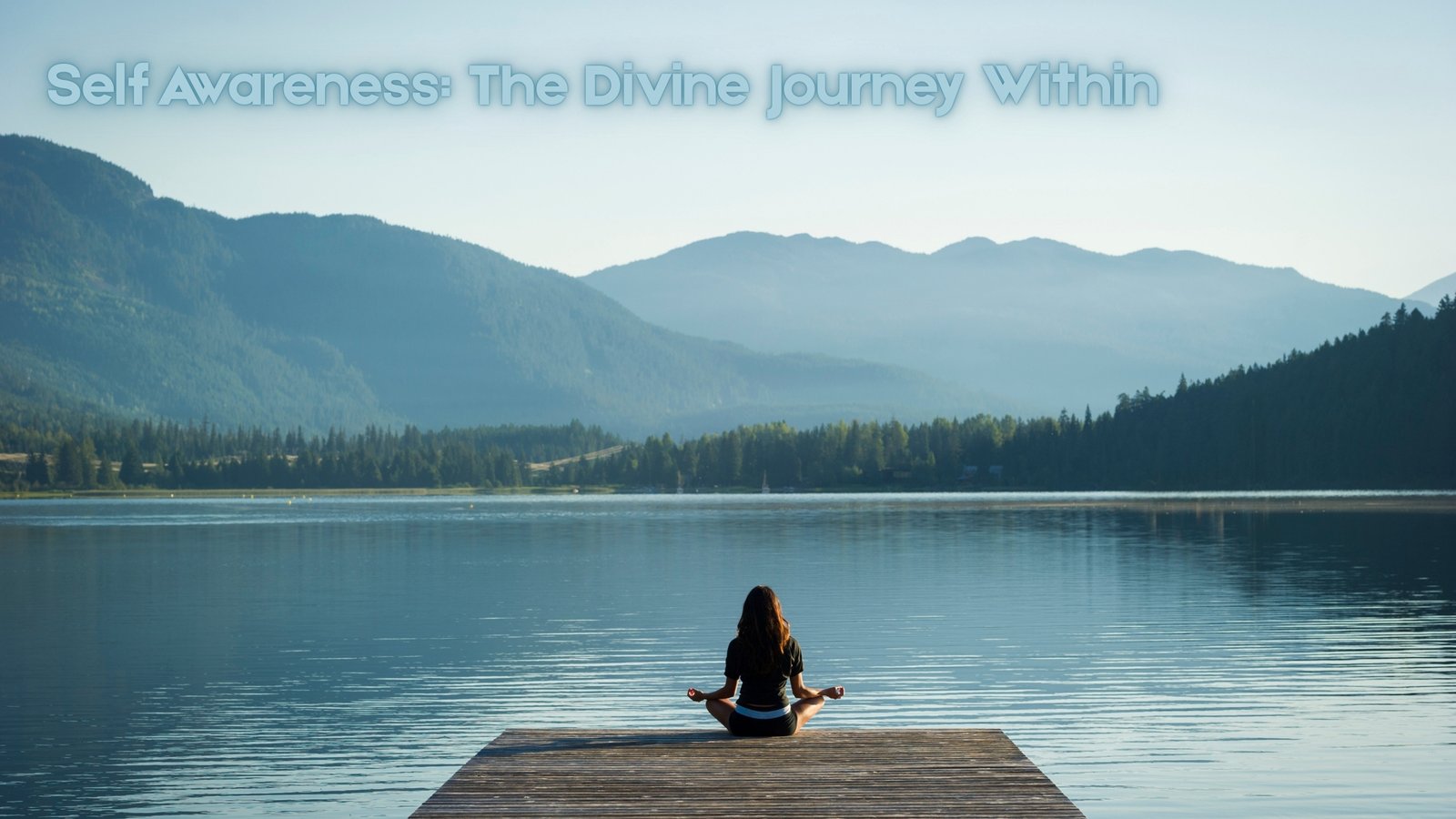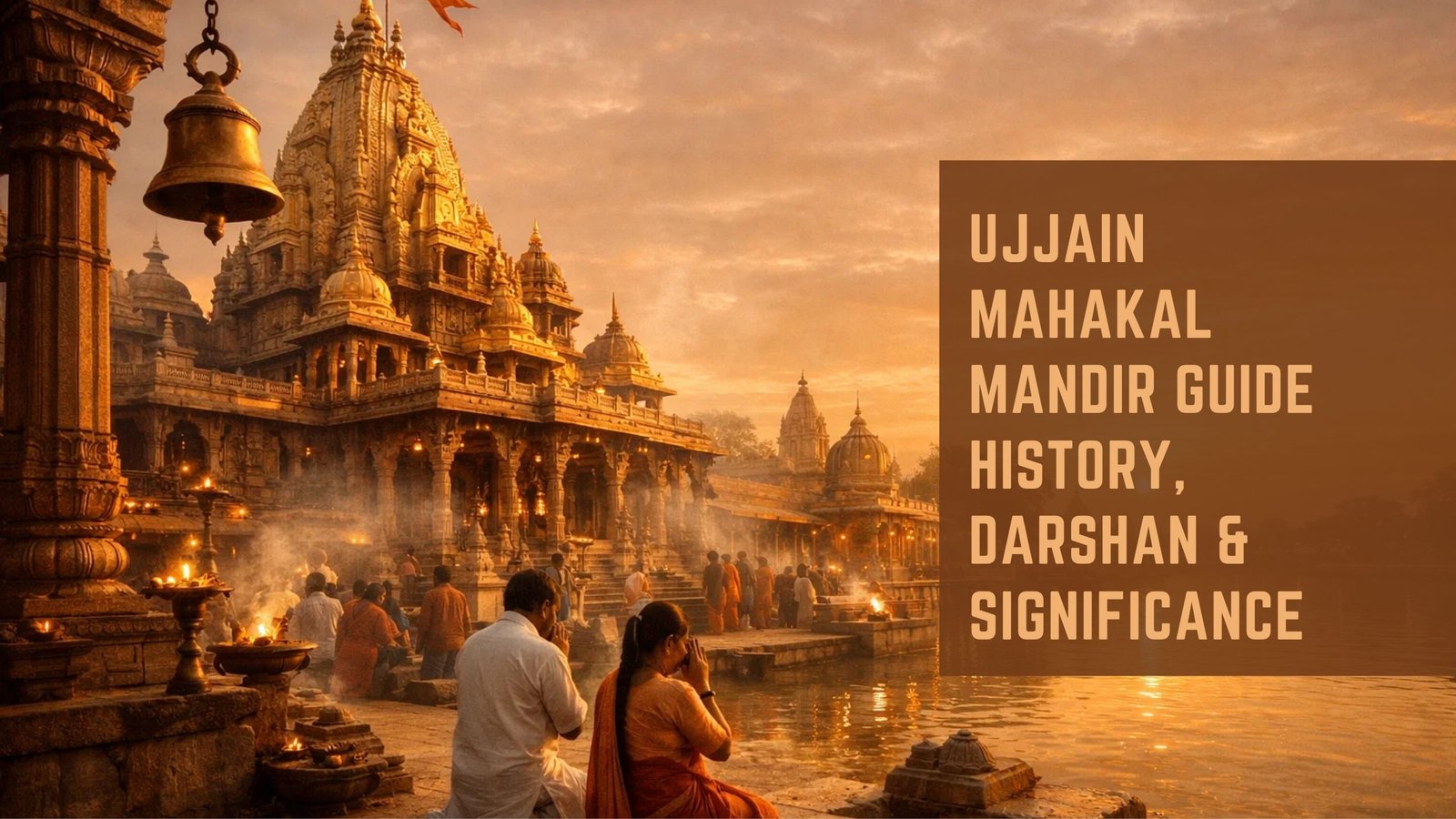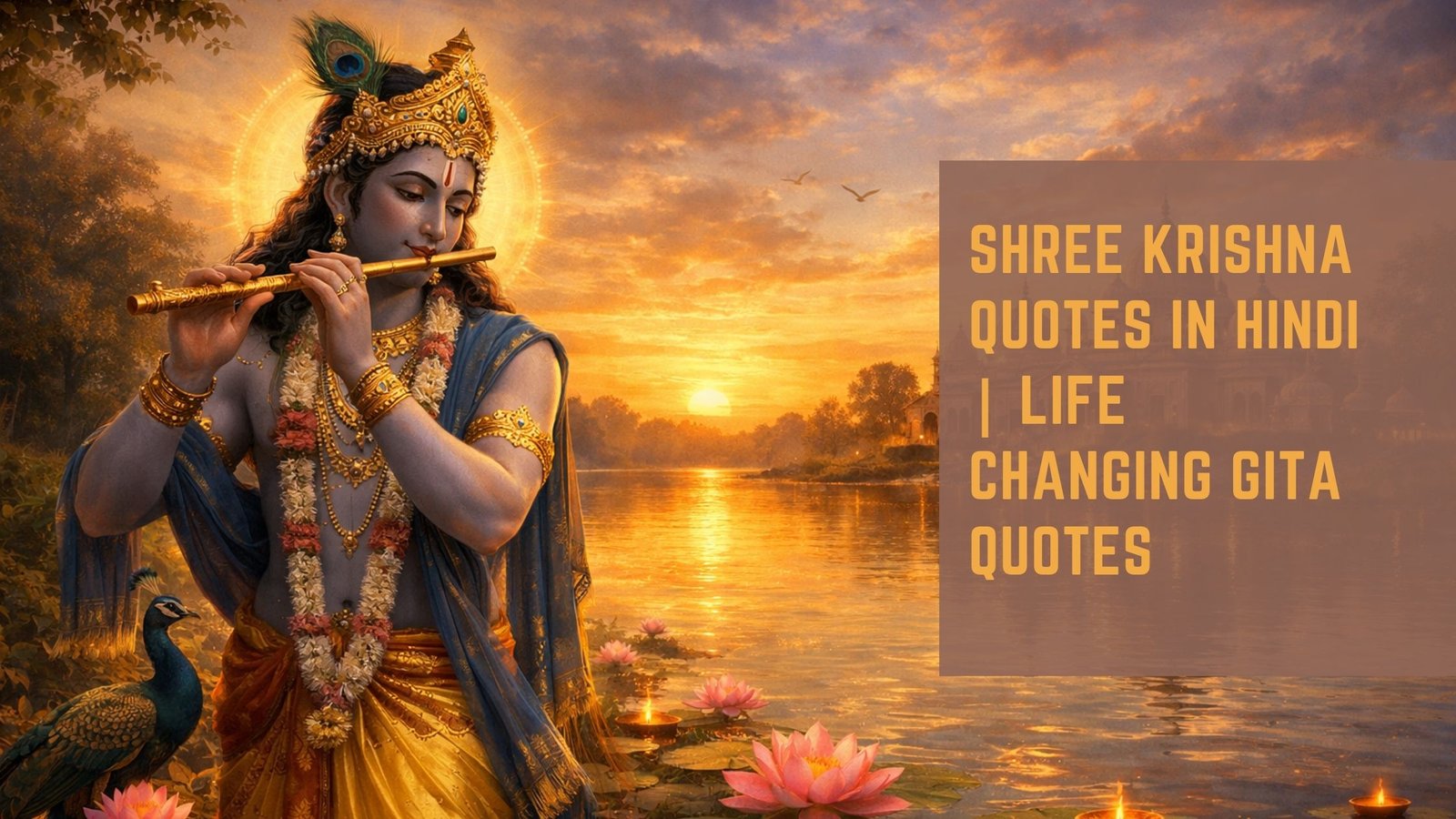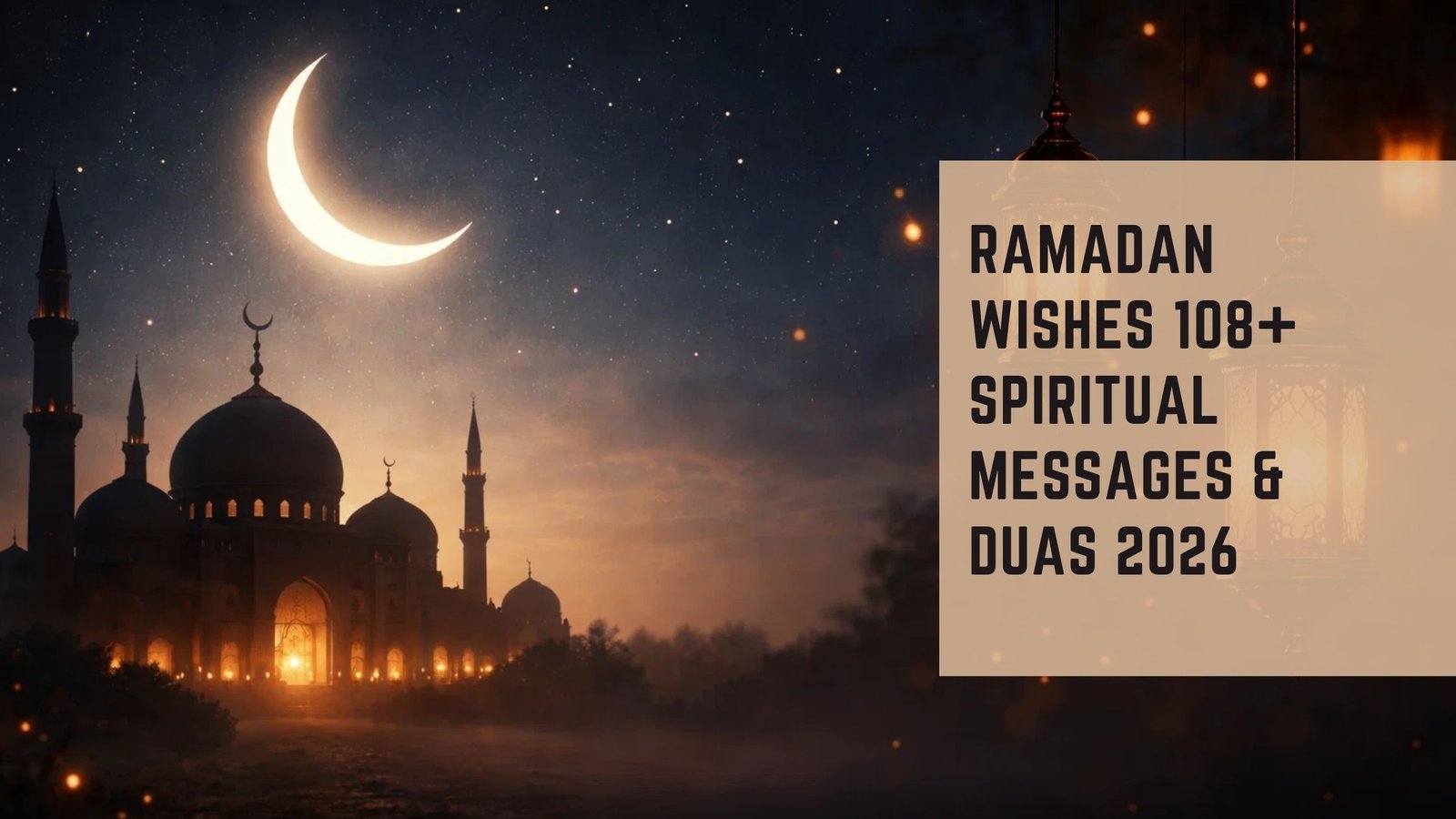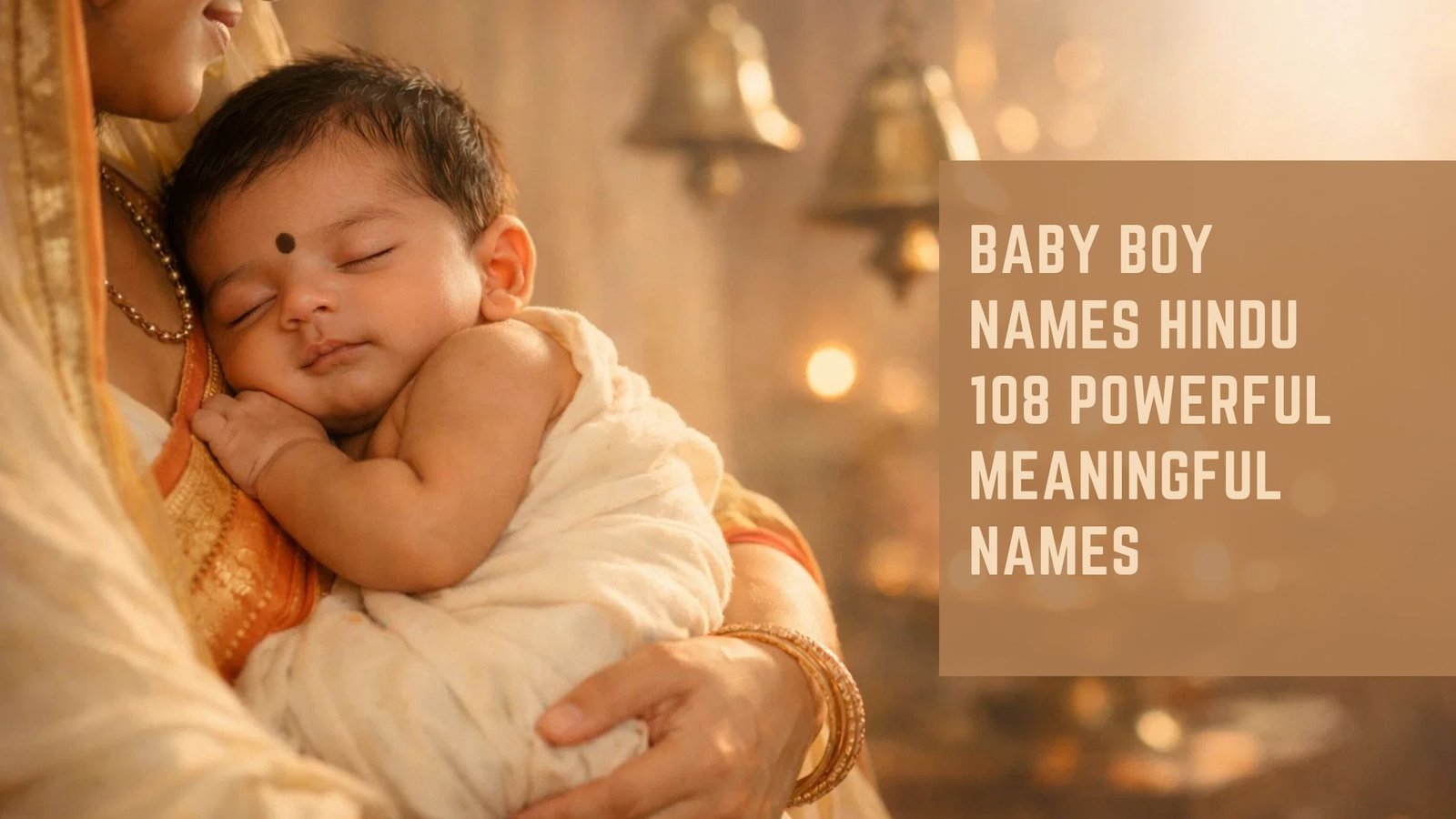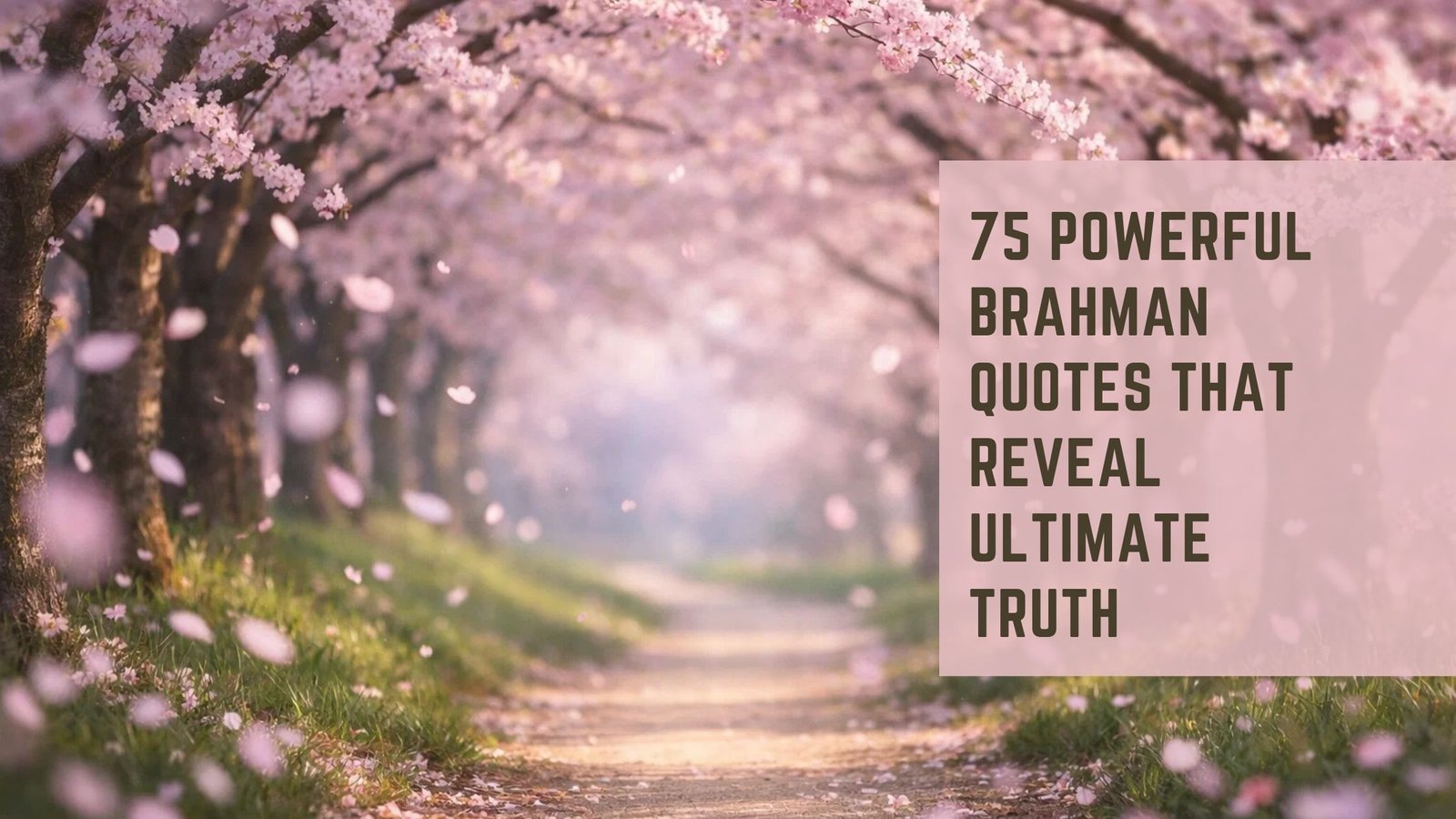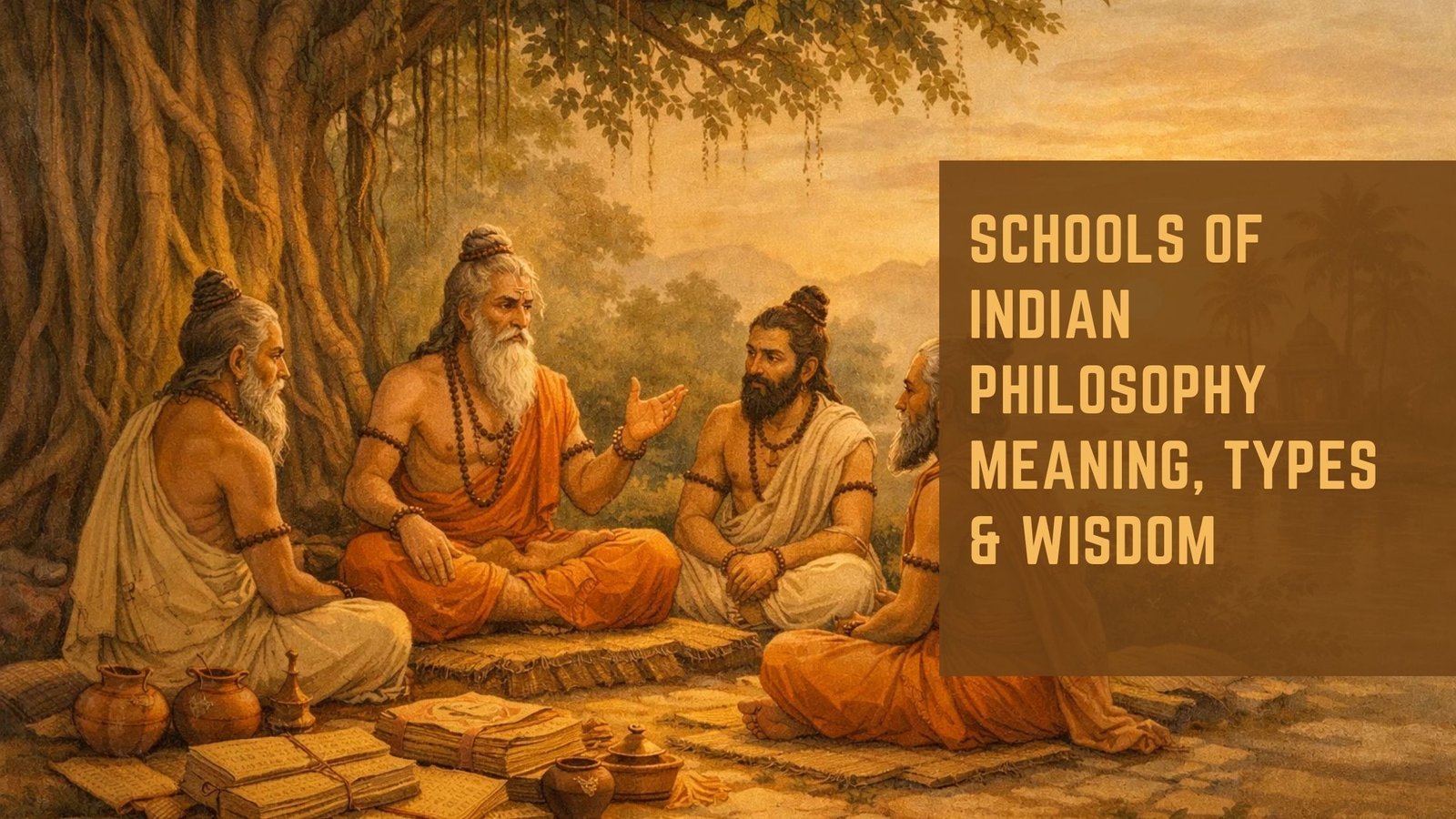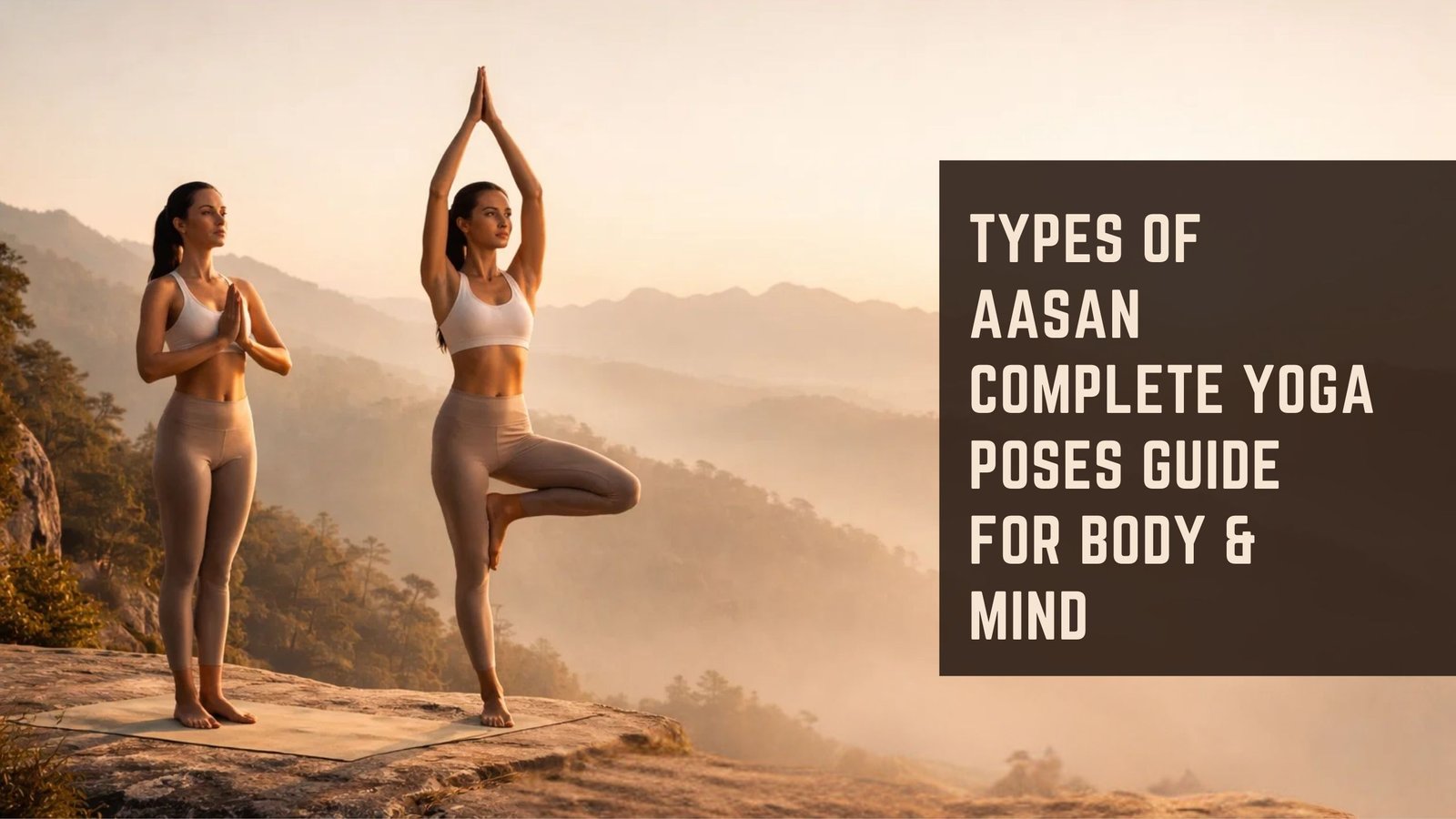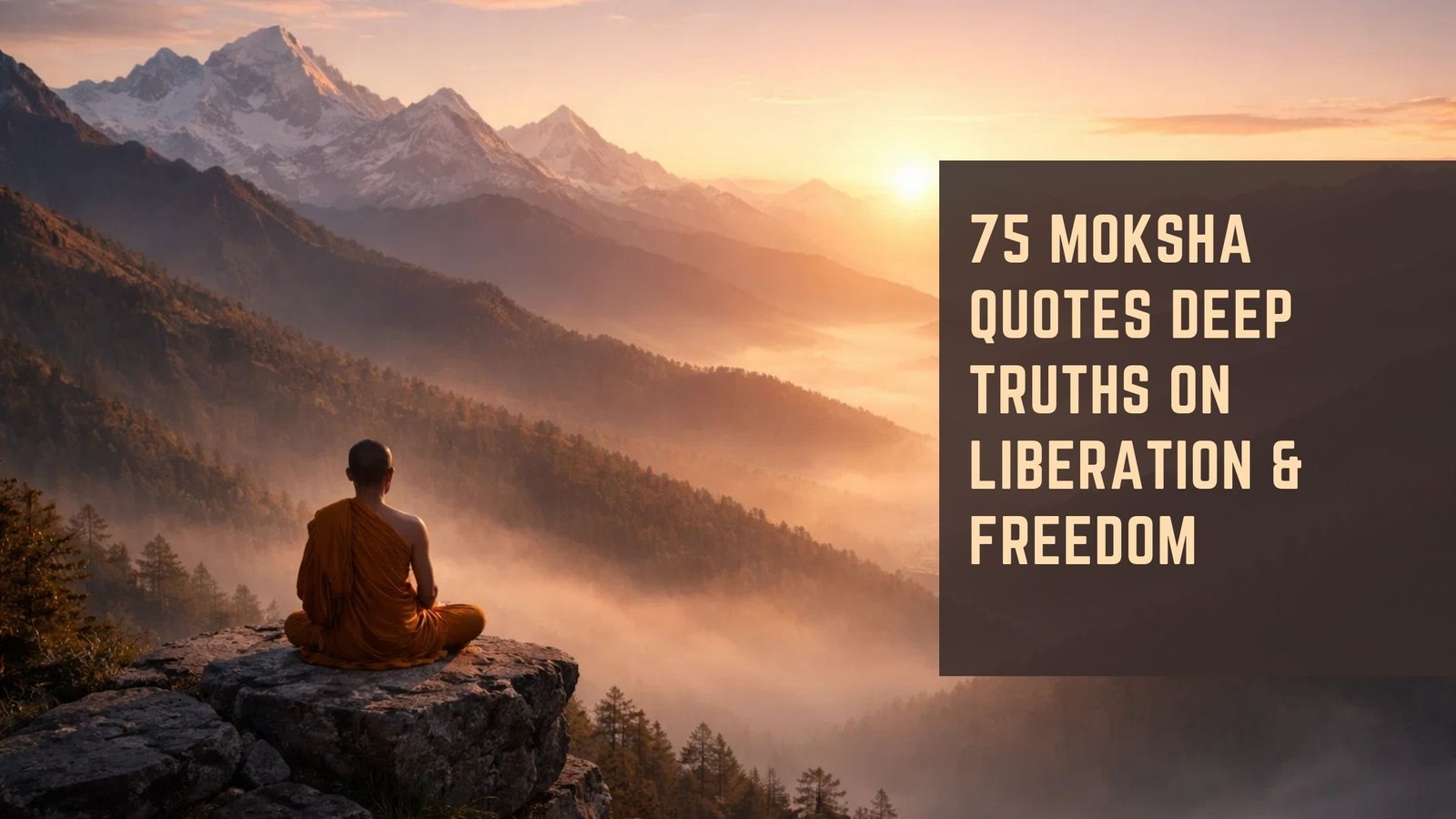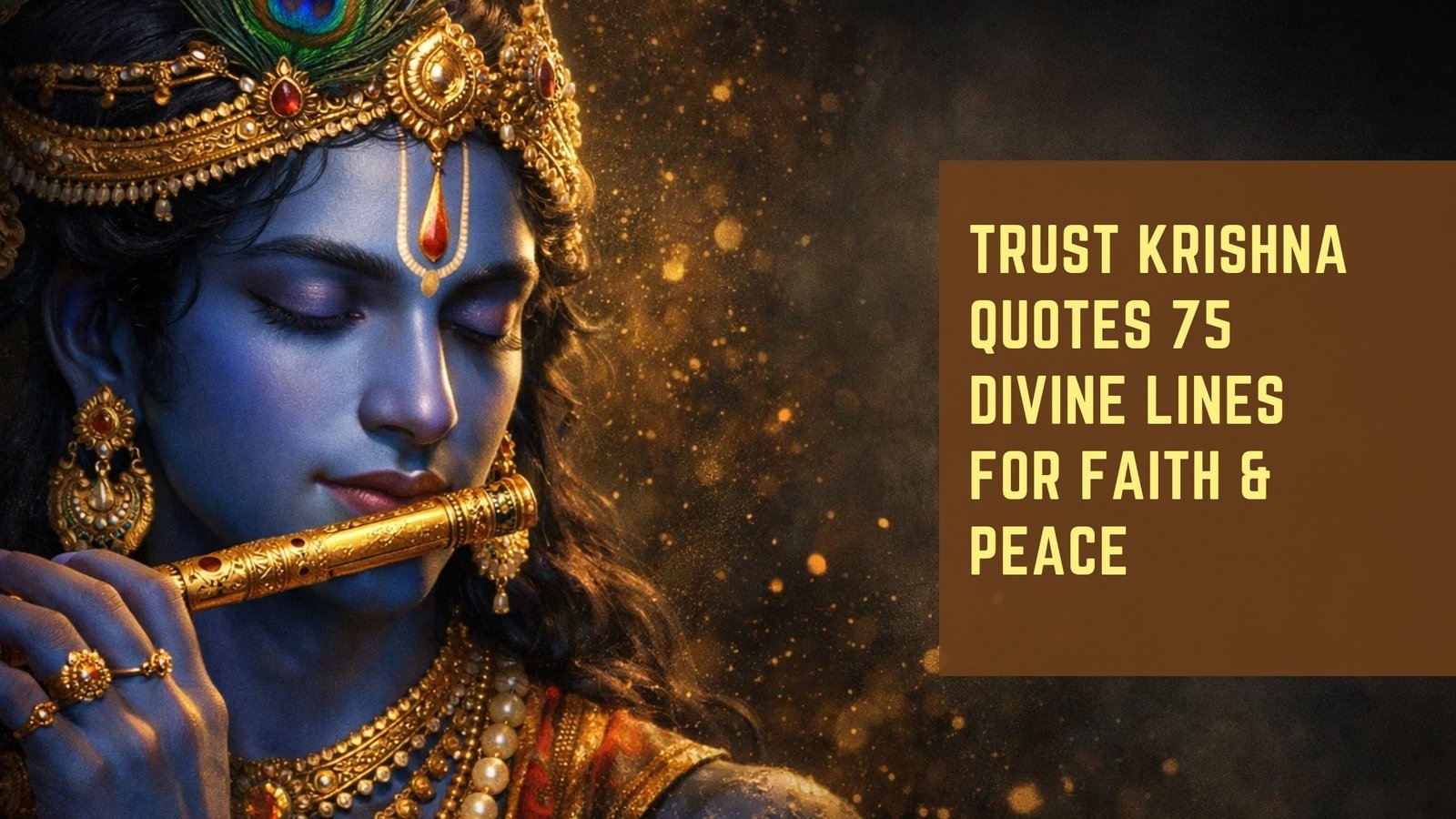In the vast ocean of spiritual teachings and religious scriptures, one of the most profound and foundational messages is the journey inward — the sacred path of self awareness. From the Bhagavad Gita to the Guru Granth Sahib, from ancient sages to modern seekers, the call is the same: “Know thyself.”
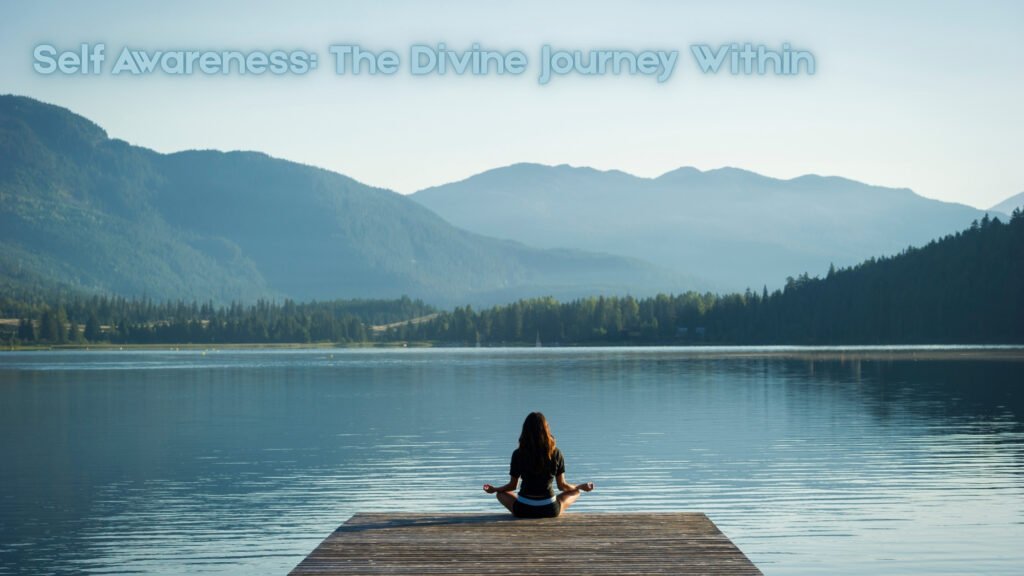
In today’s world, where distractions are abundant and external validation is the norm, self awareness is not just a spiritual practice — it is a necessity for inner peace, divine connection, and true liberation.
Self Awareness in Sanatan Dharma (Hinduism)
In the Bhagavad Gita, Lord Krishna tells Arjuna:
“उद्धरेदात्मनात्मानं नात्मानमवसादयेत्।
आत्मैव ह्यात्मनो बन्धुरात्मैव रिपुरात्मनः॥”
(Chapter 6, Verse 5)
“Let a man lift himself by his own Self alone, and let him not lower himself; for this Self alone is the friend of oneself, and this Self alone is the enemy of oneself.”
This beautiful verse urges us to cultivate self awareness, for the greatest ally and the greatest enemy both reside within. Without understanding ourselves — our thoughts, our nature, and our soul — we remain bound by illusion (Maya).
Lord Krishna repeatedly emphasizes that the Atman (soul) is eternal, unchanging, and divine. The key to experiencing this truth is through deep self awareness — a stillness of mind, a turning inward beyond ego and illusion.
Self Awareness in Sikhism
The Sikh Gurus too highlighted the importance of inner realization.
“ਮਨ ਤੂੰ ਜੋਤਿ ਸਰੂਪੁ ਹੈ ਆਪਣਾ ਮੂਲੁ ਪਛਾਣੁ॥”
– Guru Nanak Dev Ji
“O mind, you are the embodiment of the Divine Light – recognize your origin.”
Here, Guru Nanak Dev Ji teaches us that the Divine is not outside of us, but within us. Through self awareness, we begin to see the light of Waheguru in our own soul.
“ਅੰਤਰਿ ਜੋਤਿ ਨਿਰੰਤਰਿ ਬਾਣੀ ਸਚੁ ਸੋਇ॥”
– Guru Granth Sahib
“The Divine Light is within, and the Eternal Word resides inside. That is the truth.”
This shows that spiritual awakening does not lie in ritual alone, but in becoming truly self aware of the Light inside.
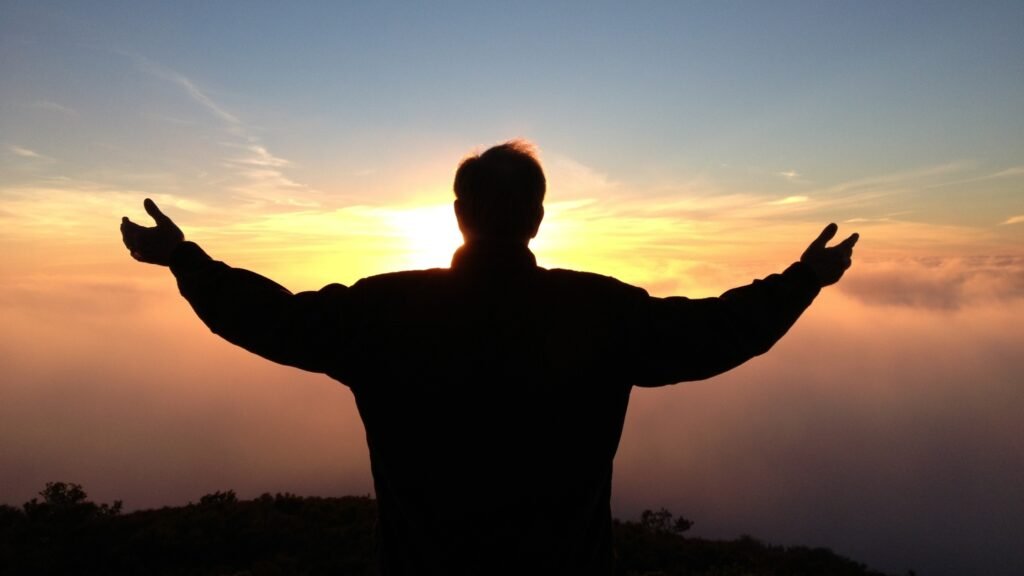
The Power of Self Awareness in Daily Life
Self awareness is not limited to saints and sages. It is for everyone — the student, the householder, the leader, the laborer. When we practice self awareness, we:
- Recognize our emotional patterns
- Control anger, greed, ego, and lust
- Cultivate peace, compassion, and humility
- Align our actions with Dharma
- Hear the silent voice of the Divine within
Through self awareness, we begin to see where we fall and where we rise, where we react and where we respond, where we are guided by ego and where we are guided by soul.
“He who knows others is wise; he who knows himself is enlightened.” – Lao Tzu
“अपने आप को जानना ही सच्चा ज्ञान है।” – Socrates
Meditation and Self Awareness
Meditation (Dhyana) is one of the most powerful tools for developing self awareness. In silence, we observe our thoughts, emotions, and breath. With practice, we begin to detach from these and recognize our true self — the eternal, blissful soul beyond the body and mind.
“When the mind becomes still, the soul speaks.”
In Hinduism, practices like Jnana Yoga and Raja Yoga are deeply rooted in self awareness. The seeker begins by asking, “Who am I?” — a question that leads to profound spiritual awakening.
Religious Quotes on Self Awareness
Hindi:
“अपने आप को जानो, क्योंकि आत्मा का ज्ञान ही परम ज्ञान है।”
“Know yourself, for the knowledge of the soul is supreme knowledge.”
English:
“The soul that is within you is the same soul that pervades the universe. Realize it through self awareness.”
Punjabi:
“ਜਿਹੜਾ ਮਨੁਖ ਆਪਣੇ ਅੰਦਰ ਨੂਰ ਵੇਖ ਲੈਂਦਾ ਹੈ, ਉਹ ਪ੍ਰਭੂ ਨੂੰ ਹਰ ਜਗ੍ਹਾ ਵੇਖਦਾ ਹੈ।”
“One who sees the Divine Light within, sees God everywhere.”
Why This Inner Understanding Is a Spiritual Duty
In all dharmic traditions — whether it’s Vedanta, Sikhism, or Buddhism — realizing one’s true nature is seen not just as a practice, but as a responsibility. The scriptures and saints across ages have emphasized that true devotion and liberation come only when we look within.
Without this inner journey, we live like dry leaves tossed by the wind — directionless, reactive, and bound by the fleeting nature of the world. Our senses control us, our circumstances define us, and we move through life without clarity or higher purpose.
But when we turn inward:
- We act with awareness, not under pressure or habit.
- We choose thoughtful responses over impulsive reactions.
- We serve others sincerely, rather than acting to gain approval.
- We evolve spiritually, rather than merely going through the motions of life.
“Self awareness is the beginning of liberation. Without it, we remain in bondage, even while wearing religious symbols.”
This powerful quote reveals a profound truth — that external symbols of faith (like tilak, mala, kada, or robes) are meaningless if there is no inner transformation. True freedom, or moksha, starts with looking inward. Without that, even a religious life can become superficial, filled with rituals but devoid of essence.
In essence, the real pilgrimage is not to a distant temple — it is the journey into your own soul.
Conclusion: The Inner Pilgrimage
The journey of self awareness is the most sacred pilgrimage — one that does not require travel to distant lands, but rather, a deep dive within. When we come to know ourselves — beyond name, role, or ego — we touch the feet of the Divine and visit to know more life lessons.
Let us sit in silence. Let us listen within. Let us begin this sacred journey of self awareness — the key to self-realization, spiritual growth, and eternal peace.
“सबसे पहले खुद को जानो, क्योंकि जब तुम खुद को जान लोगे, तब तुम ईश्वर को जान लोगे।”
“First, know yourself — for in knowing yourself, you will know God.”
